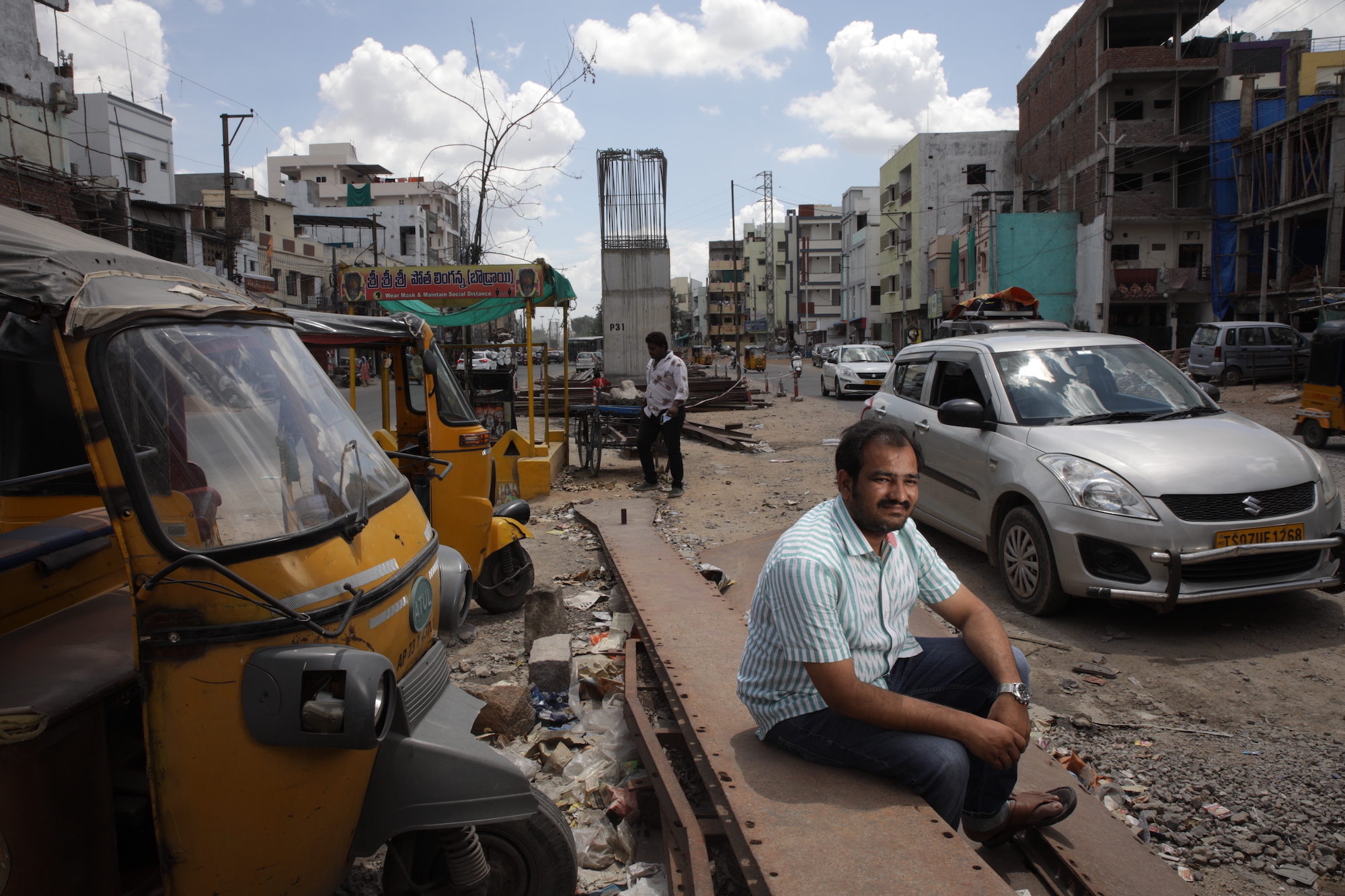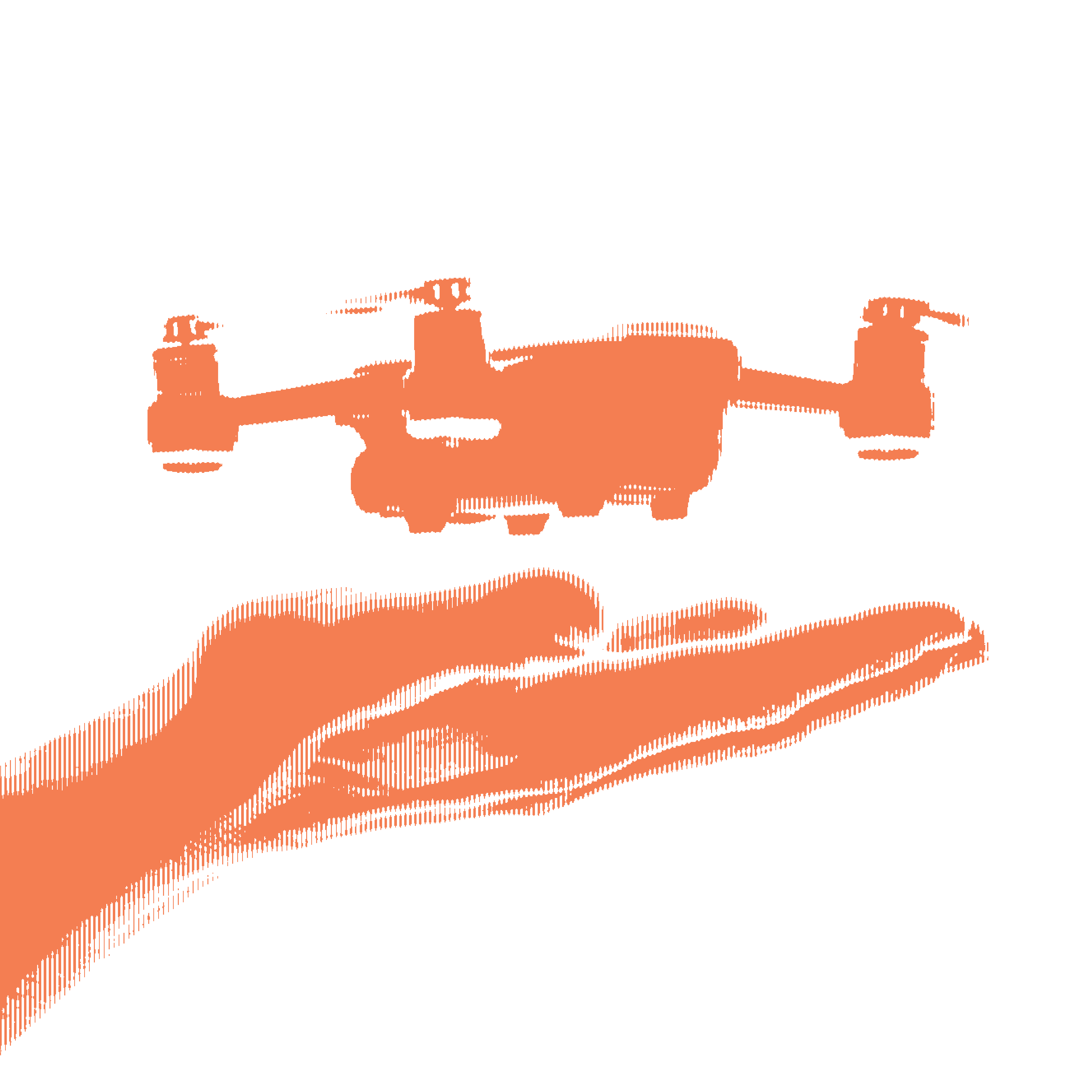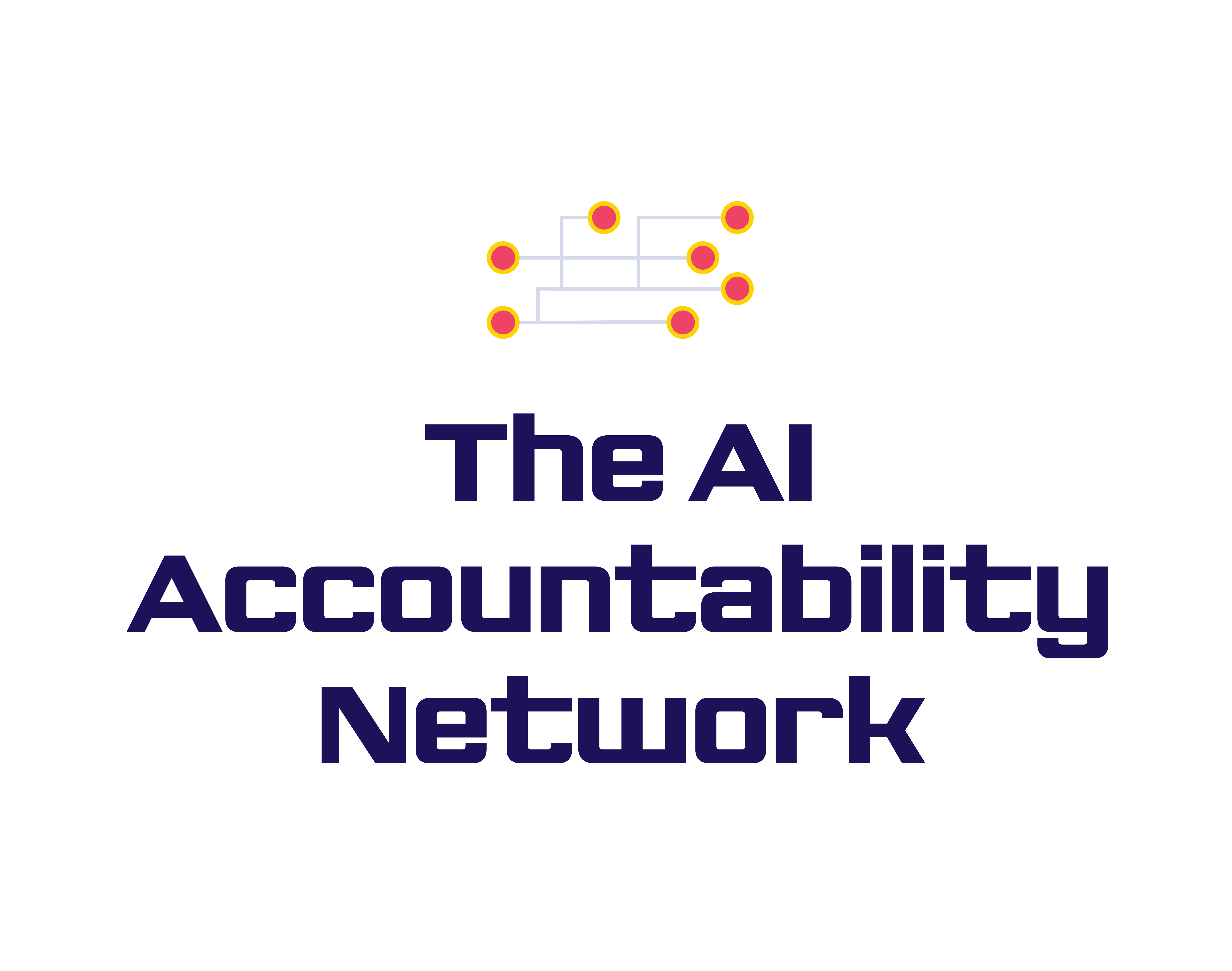An Uber driver was mugged. An Ola driver was beaten and left in a coma. Platform workers say tech companies are doing little to protect them.
One night at around 2 am this past January, Uber driver Priyanka Devi was on her way to pick up a passenger in the Kashmiri Gate area in Delhi. While she waited for the passenger, a brick came through her car window. Two men attacked her, trying to grab her phone and demanding she hand over her keys. When she resisted, one of them slashed her neck with a broken beer bottle. The men fled when a passerby approached, taking with them her day’s earnings and leaving Devi, 31, bleeding by the roadside. Devi said she tried calling Uber and used an SOS button in her car. “I called them [Uber] so many times,” she says. “They responded to me a few days later, only after this incident made it to local news.”
(Uber India spokesperson Ruchica Tomar says that they reached out to Devi as soon as they were made aware of the incident. The Uber app has an “in-app emergency button through which the driver can directly call the local police,” Tomar says, adding that Uber’s records show Devi didn’t use it after her attack.)
One week after Devi was attacked, Mohammed Rizwan, a 23-year-old in Hyderabad, was attacked by a customer’s pet dog while delivering a food order for delivery platform Swiggy. To save himself, Rizwan jumped from a third floor balcony. He was taken to the hospital, but died a few days later. In the same city, Y. Venkatesh, a driver for the Ola ride-hailing service, has been in a coma since last year, after being beaten by the friends of a passenger who refused to pay his fare.

As a nonprofit journalism organization, we depend on your support to fund more than 170 reporting projects every year on critical global and local issues. Donate any amount today to become a Pulitzer Center Champion and receive exclusive benefits!
Just this month, platform drivers complained about being harassed—and even assaulted—by security staff at Mumbai airport, in the western part of India. Drivers in the east Indian city of Guwahati filed complaints of being robbed by fraudsters posing as customers. And in a gruesome incident down south, a customer allegedly killed a delivery agent when he couldn’t pay for the iPhone he ordered online. Reports say he kept the corpse with him for at least three days before disposing of it.
Gig work in India is dangerous. A review of local news reports across the country shows at least a dozen such attacks over the past few months. WIRED spoke to 50 people working for ride-hailing and food delivery services; roughly half of them said they have been attacked on the job—some because customers refused to pay; others because of their caste or religion. The numbers reflect a rising trend of violence against platform workers in India. The Center for Internet and Society, a think tank, surveyed 1,500 gig workers last year, and found that one in three said they fear theft or physical assault at work.
“For one in three people while going to work fearing that they might be robbed today or face physical assault is alarmingly high,” Aayush Rathi, research lead at CIS, says.
Image courtesy of WIRED.
While instances of rogue customer behavior and carjacking are common in the US and other countries, the power imbalances in Indian society due to class and caste divides create a potentially toxic environment for platform workers.
The gig workforce in India has expanded rapidly in recent years. NITI Aayog, the Indian government’s public policy think tank, estimates that there may be more than 23 million gig workers in the country by 2030, more than three times the number at the start of the decade. The growth of this cohort, who lack stable jobs, social protections, and access to collective bargaining, intersects with India’s other social fractures, exacerbating their precarity and disempowerment.
This has often been manifested in overt religious discrimination. Late last year, Syed Lateefuddin, a Muslim Uber driver in Hyderabad, was attacked by six men, who forced him to chant a Hindu expression and pelted his car with stones. According to the Telangana Gig and Platform Workers Union (TGPWU), which represents gig and platform workers in the region, Lateefuddin called Uber’s emergency services multiple times, but did not receive a response.
Even when they don’t face physical violence, Muslim gig workers often face hostility. “There are many instances when the customer’s behavior changes [once they know it’s a Muslim driver],” said Shaik Salauddin, an Uber driver from Hyderabad and the founder of TGPWU. “Sometimes they directly say they don’t want a Muslim delivery boy—openly saying they don’t want someone from this community.”
Last year, the Telangana Gig and Platform Workers Union recorded several instances of customers requesting that their packages not be delivered by Muslims.
Syed, who works for food delivery platform Swiggy in Bengaluru, says that he’s faced routine discrimination due to his faith. He asked to be identified using only his first name, to avoid a backlash from the platform. “Most customers are warm and welcoming, but the ones who are angry that I am a Muslim, I can just see in their behavior—they don’t even want to collect the food from me and ask me to leave it at the door,” he says, adding he’s faced many instances where customers refused to pay after receiving their food.
Syed and several other gig workers who spoke to WIRED say that they believe thieves target them because it’s known they’re often paid in cash. Carrying money is risky, but many gig workers prefer to be paid directly rather than through the apps.
Last year, Syed had a close run during a late-night delivery. He saw a group of men walking toward him. “The minute I saw them, I knew they were going to attack me,” he recalls. “I dropped the food, swerved my bike, and just rode for my life. Had I not done that, I don’t even know if I would still be around.” Since then he has cut down his time with Swiggy and diversified his income sources by working at a hospital part-time. He also doesn’t deliver after 10 pm anymore. Many gig workers, after listening to such anecdotes from their peers, say they have started to avoid neighborhoods they think might be dangerous.
Swiggy declined to give an attributable comment in response to questions.
A common complaint among the workers that WIRED spoke to is that the platforms do little to help workers in distress.
Jude Matthew, national press secretary of the Indian Federation of App-Based Transport Workers, a gig workers’ organization, says he gets at least one call every two weeks regarding a driver who has faced a problem on the job with no aid from the platforms. Workers and workers’ groups say that the platforms have gotten worse at dealing with complaints and concerns on the ground, which some put down to deep job cuts at tech firms. Uber India laid off 600 employees—a quarter of its workforce—during the Covid-19 pandemic. Around the same time, Ola let go of more than 1,400 employees.
“After Covid, [cab-hailing platforms] don’t have any management. They have fired many employees. There aren’t many staffers to help out [drivers on ground]. Who do we take these issues to?” Matthew says. “At least before, there was a concerned office [to address disputes], now there is no concerned office. Everything is online.”
Ola did not respond to questions sent by WIRED.
Rathi from CIS says that a responsive grievance mechanism for gig workers is “completely absent” and continues to be “one of the top three demands” that workers have. “The firms are able to provide more responsive services to customers,” he says. “The workers are as important if not more [than customers], and they should be able to extend the same kind of mechanisms, practices, and policies to workers.”
Because workers are often in precarious economic situations and have no jobs to fall back on, being mugged or attacked has a huge impact on their ability to earn.
Some of the platforms do offer limited insurance for gig workers, including for accidents. However, these don’t necessarily provide much respite, according to Aditi Surie, a senior consultant at the Indian Institute for Human Settlements, a research organization based in Bangalore, who has studied the schemes. Her research showed that making a claim against the platform-provided insurance is a long and laborious process. “So even if you have grievous bodily harm, there are lots of steps that prevent anyone from making use of any insurance or offering from the platform,” Surie says. “So, if you’re in a road accident, for example, the police have to get involved. Now finding the right police station, contacting your insurance in time, getting the ambulance there—these are all things that platforms say they try and help with but there is nothing there—which again then falls back on the worker.”
Uber spokesperson Tomar says that the company gave Devi financial support to cover her loss of earnings as a result of the incident, and that the company “helped her claim her medical expenses under Uber’s on-trip insurance policy, which covers all drivers on the app.” Devi claims that both the insurance money and Uber’s financial support for her loss of earnings haven’t made it into her bank account.
“Uber is deeply committed to the safety of drivers on the Uber app,” Tomar says. “Uber drivers have many of the same transparency and accountability features that riders do, such as feedback and ratings for every trip, GPS tracking, an emergency button, and shared trip feature.”
In Delhi, Devi has had enough of Uber, which she says isn’t safe or profitable enough to justify the risks. Devi, who previously worked at a hospital for a meager salary, learned to drive just so she could start working for Uber, and began driving for the platform in 2019. A single mother, she had to find work to support her two children. “That time, many women around me told me that Uber is a good option and the earnings are good,” she says. “They did not even deduct high commissions back then.”
The first time she complained to Uber was in 2020, when a customer verbally attacked her. “He was hurling abuses at me. I had complained against the customer then, but Uber didn’t do anything about it,” said Devi. “Uber never does anything when a driver complains. But even a small complaint against a driver means that they will block their account.”
At the time, she remembers spending 500 rupees ($6.08) on fuel each day but taking home 2,000 rupees ($24.39) in earnings. But lately she says the fuel costs have gone up to 700 rupees a day, while her earnings have fallen to less than 1,000 rupees.
Devi is upset that despite the life-threatening incident she experienced, the only calls she’s received from Uber are about when she will resume driving again, because she has been offline since January. She says, fuming, she has blocked those numbers. “I am worried about my children—what if something like this happens again? So I need to think really hard before taking the next steps,” she says. “For now I don’t intend to go back to driving for Uber.”






